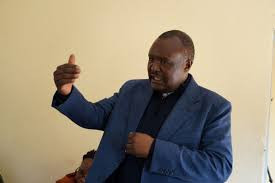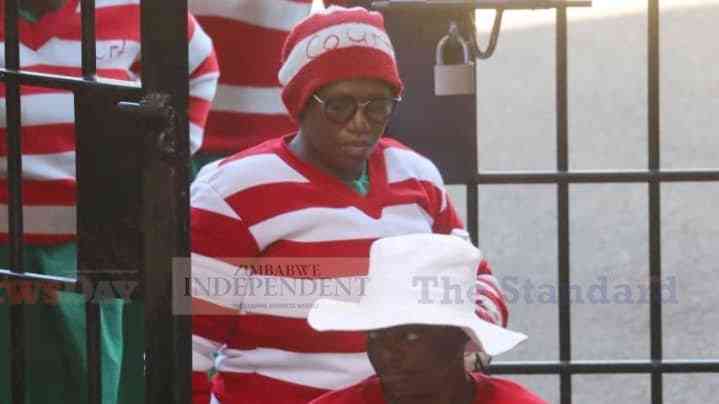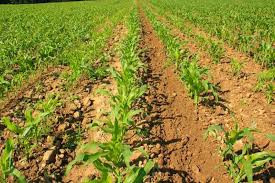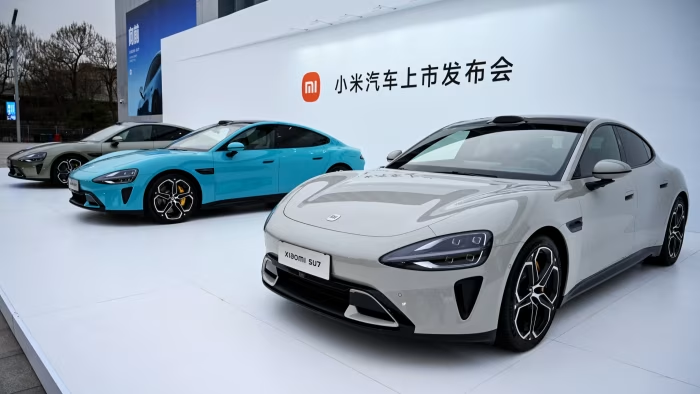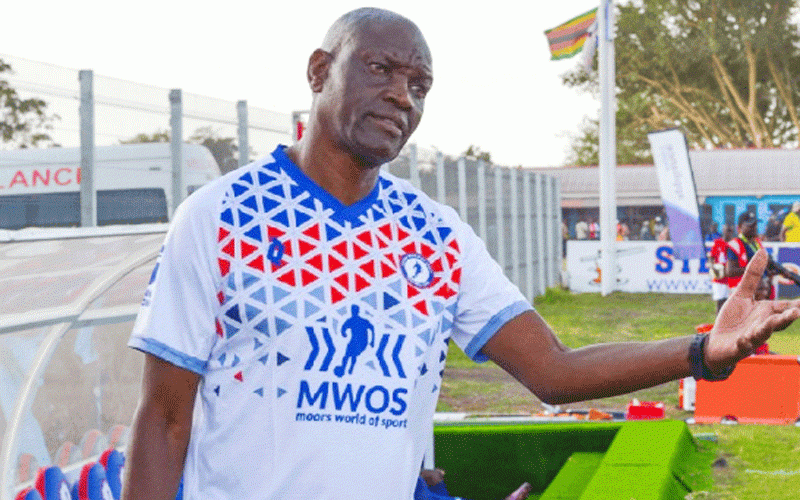
Some of the country’s best-loved artists — D’banj, Onyenka Onwenu, Zaaki Azzay, TwoShotz — are all singing their support for President Goodluck Jonathan.But not everyone is dancing. Afrobeat singer Seun Kuti is disgusted. “Traitor,” he says, angrily. “Anybody using their music to support Nigerian politicians is a traitor — first to music, and secondly to the country.” While billions of oil dollars vanish into the private bank accounts of Nigeria’s political elite every month, over 70% of Nigerians struggle to exist on less than a dollar a day.Since the end of military rule, the governing People’s Democratic Party (PDP) has won every election amid reports of voter intimidation, allegations of ballot-stuffing and street violence. The next presidential elections have been set for April 9 2011 and campaigning is well underway.“Music is one of the foremost weapons that is supposed to emancipate this continent,” says Kuti. “When I now see it being used for oppression, used against the people, it is totally wrong.” Nigeria’s powerful tradition of musical struggle is offended. The era of Afrobeat saw Fela Kuti — Seun’s father — enrage and defy the generals of successive military regimes with his revolutionary fusion of jazz, highlife and funk.Prophetic lyrics mocked the greed of politicians, attacked police violence and defied brutal censorship to tell Nigeria’s story. Olubankole Wellington — better known as Banky W, one of Nigeria’s biggest stars –– pulls a face, as he talks about an offer he received.“I was offered the most amount of money I have ever been offered, by one of the presidential candidates,” he says, looking astonished. He declined. — BBCOnline.“I just could not go to sleep at night if I support this man,” he says, shaking his head.“It’s important for us that have a public voice to try to steer the country to where we think it should be, otherwise we’re going to face the same problems, in 20 years’ time, because no-one spoke up for the country at the time.”Most of the artists releasing campaign songs declined to speak publicly about the deals they had signed with politicians. The manager of the singer TwoShotz told the BBC that their song was aimed at encouraging Nigerians. “We hoped our song would send a message, to encourage people to go out and vote,” he said.Another musician, Zaaki Azzay, who has recorded a song for President Jonathan has denied receiving any payment for his endorsement. “It is not about money. I support Mr Jonathan’s policies and the change I believe he can offer,” he says.“A lot of experts think the youths don’t come out to vote, but these artists have a very huge fan base,” says Abidemi Dairo, a 24-year-old music writer in Lagos. “If Goodluck Jonathan can reach out to them, he stands a really good chance of winning,” he believes. The last time artists were mobilised like this, in mass support of politicians, was over 10 years ago. General Sani Abacha’s “two million man march” featured entertainers and comedians who were paid for their endorsement.

